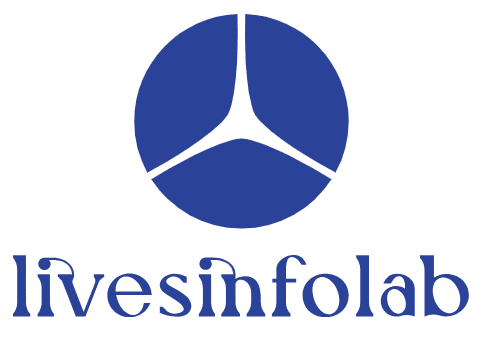
There’s a secret world within the world of freelancing a place where job postings only reveal half the story and where success isn’t just about talent, but about understanding the hidden motivations of those who hire. Enter the Undercover Freelancer, the professional who doesn’t just respond to briefs, but digs deeper to uncover what clients are really looking for. If you want to thrive in this landscape, you need more than technical skills. You need insight, empathy, and a willingness to read between the lines.
Going Beyond the Job Description
Most clients write job descriptions focused on deliverables: “I need a blog post,” “I need a logo,” “I need an app.” But what they truly crave is an outcome that solves a problem or fulfills a dream. The Undercover Freelancer knows that beneath every request is a story of a business owner trying to grow, a marketer facing pressure, a startup chasing investors.
For example, if a client asks for a logo “by Friday,” the real need might be to impress a board of directors or meet a trade show deadline. If someone wants “SEO articles,” they’re likely anxious about web traffic or worried about falling behind a competitor. Reading between the lines isn’t just a creative exercise, it’s a strategic advantage.
Decoding the Client’s Pain Points
The most successful freelancers are the ones who figure out what’s not being said. They listen for the nervousness in a client’s voice during a kickoff call or notice how emails become more frequent and terse when a deadline approaches. The Undercover Freelancer looks for subtle clues: urgency, uncertainty, and even hope.
Take the example of IPO investing. When a startup client asks for a pitch deck or website copy, their end goal might not just be to attract customers, but to position themselves attractively for IPO investing. Understanding this can change the freelancer’s entire approach, shifting from feature-focused writing to compelling storytelling that highlights growth and potential returns. By identifying these hidden agendas, you become more than a vendor you become a partner in your client’s success.
Building Trust Through Empathy
One of the most underappreciated skills of the Undercover Freelancer is empathy. It’s not enough to deliver great work; you must make clients feel heard and understood. That’s why the best freelancers ask questions: “Why this project now?” “What will success look like for you?” “Is there a story behind this deadline?” These questions reveal the deeper needs driving a project.
Clients who feel genuinely supported are more likely to provide honest feedback, clearer direction, and ultimately repeat business. As a result, the freelancer-client relationship evolves from transactional to transformational.
The Power of Proactive Communication
Undercover freelancing means anticipating client needs before they become issues. Proactive updates, early warnings about potential roadblocks, and solutions-oriented communication are hallmarks of top performers in the freelance world. If a delay is likely, communicating early builds trust. If you spot an opportunity to add value such as suggesting a new feature or pointing out an industry trend, clients will remember your initiative.
Adaptability: The Key to Repeat Business
No two clients are alike. Some are hands-on, some are distant. Some crave regular check-ins; others just want the finished product. The Undercover Freelancer learns to adjust their style to match the client’s preferences. Flexibility and adaptability not only make projects smoother, they build long-term relationships.
Conclusion

To become an Undercover Freelancer is to become a student of human nature curious, observant, and responsive to the unspoken needs of every client. By focusing on what clients really want, be it peace of mind, increased sales, or strategic positioning for IPO investing you set yourself apart from the crowd.
In today’s rapidly evolving freelance market, technical skills are just the starting point. Real success comes from thinking like an undercover agent uncovering motives, anticipating needs, and always staying one step ahead.
